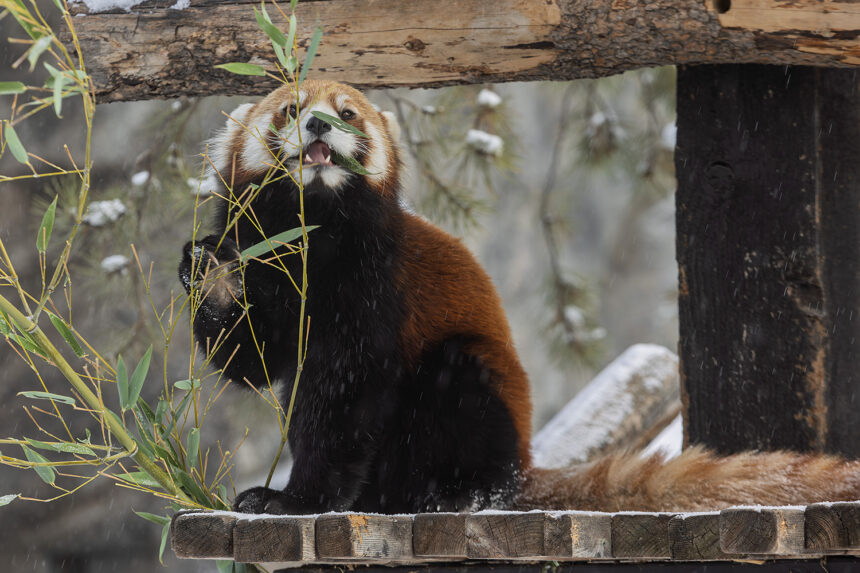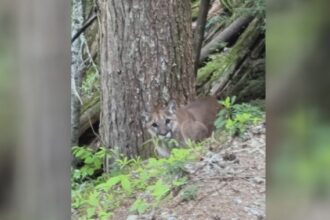In a groundbreaking initiative that marks a significant evolution in environmental education, the Calgary Zoo has announced the national expansion of its acclaimed climate and environmental education programs. What began as a regional effort has transformed into a coast-to-coast mission to equip Canadian youth with the knowledge and tools necessary to address our planet’s most pressing challenges.
The expansion comes at a critical juncture when climate literacy has never been more essential. The Calgary Zoo’s education team has spent the past three years developing a curriculum that balances scientific rigor with age-appropriate engagement techniques—a formula that has proven remarkably successful in Alberta schools.
“We’ve witnessed firsthand how connecting children with wildlife creates powerful moments of understanding about our interconnected ecosystems,” explains Dr. Melissa Chen, Director of Education Programs at the Calgary Zoo. “When students realize that polar bears aren’t just magnificent creatures in photographs but animals whose habitats are disappearing at alarming rates, it transforms abstract concepts into tangible concerns they genuinely care about.”
The newly expanded program incorporates virtual classroom experiences, traveling exhibits, and comprehensive teaching resources that will reach schools in every province and territory. Particularly innovative is the “Climate Champions” initiative, which provides students with ongoing mentorship from conservation scientists and the opportunity to develop community-based environmental projects.
Early results from pilot programs in British Columbia and Ontario have been exceptionally promising. Teachers report significant increases in student engagement with science curriculum, while participating schools have implemented impressive sustainability initiatives ranging from comprehensive recycling programs to school-wide energy conservation efforts.
The financial backbone for this ambitious national rollout comes from a diverse coalition of supporters. The federal government has contributed $4.2 million through its Climate Action and Awareness Fund, while corporate partners including TD Bank and TransAlta have collectively provided an additional $3.7 million in funding.
Indigenous knowledge forms a cornerstone of the expanded curriculum. The Calgary Zoo has collaborated extensively with First Nations, Métis, and Inuit knowledge keepers to ensure that traditional ecological wisdom is respectfully integrated alongside conventional scientific approaches.
“What makes this program unique is its emphasis on hope and action rather than fear,” notes James Wilson, a high school science teacher in Saskatoon who participated in the Saskatchewan pilot. “Students leave these sessions feeling empowered rather than overwhelmed. They understand the challenges but also recognize their capacity to contribute to solutions.”
The program’s digital resources will be freely available to schools nationwide beginning this September, while the traveling exhibits will commence their cross-country journey in October, starting in Atlantic Canada before gradually making their way westward.
Perhaps most remarkable about the Calgary Zoo’s approach is its commitment to measurable outcomes. An independent research team from the University of Calgary will track program impacts over the next five years, examining everything from knowledge retention to behavioral changes in participating communities.
As climate concerns increasingly dominate our national conversation, how will this enhanced educational approach shape the environmental consciousness of our next generation? The Calgary Zoo is betting that by fostering both knowledge and emotional connection to wildlife, today’s students will become tomorrow’s environmental stewards—equipped not just with awareness of our planetary challenges, but with the passion and skills necessary to address them.










